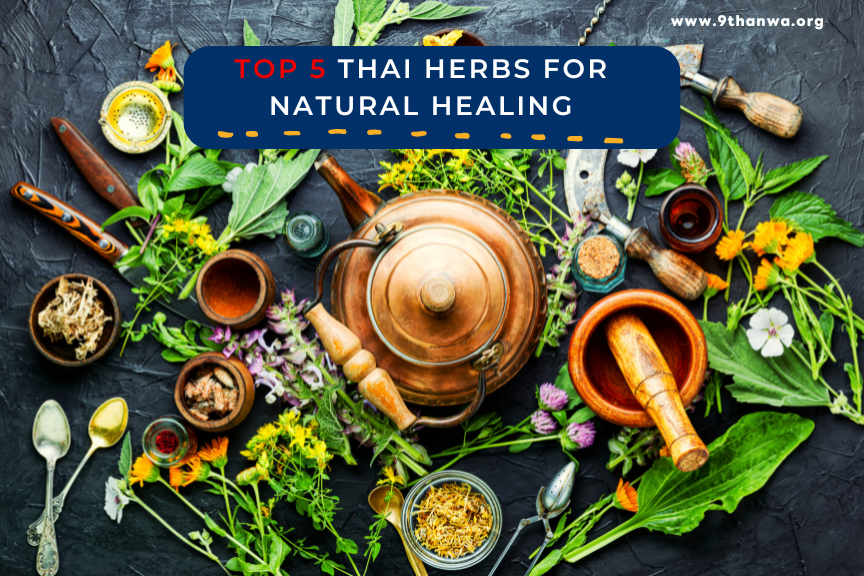
In Thailand, the use of herbs has been a cornerstone of natural healing for centuries. From treating common colds to boosting energy and calming the mind, Thai herbs are deeply embedded in the culture and are considered powerful tools for wellness. Here are the top 5 Thai herbs you should know about and how they can help improve your health and well-being.
1. Lemongrass (Cymbopogon citratus)
Lemongrass is one of the most common herbs in Thai kitchens and medicine. It has a fresh citrus flavor and is used in a variety of Thai dishes. But beyond the kitchen, lemongrass has several health benefits.
-
Health Benefits:
-
Reduces anxiety and relieves stress
-
Boosts metabolism and aids in digestion
-
Anti-inflammatory properties that help with pain relief
-
Antioxidant properties to fight oxidative stress
-
How to use: You can make lemongrass tea by boiling fresh lemongrass stalks in water, or use it in cooking for a soothing, aromatic flavor.
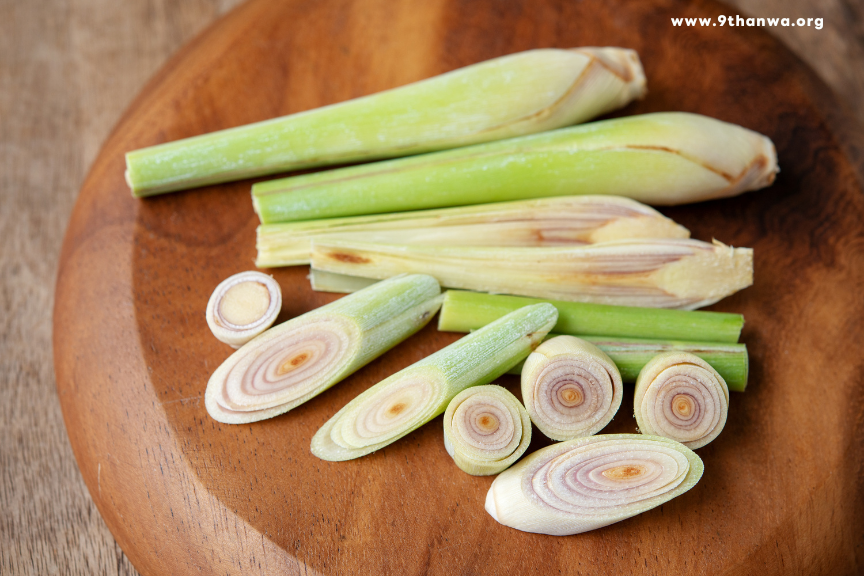
2. Turmeric (Curcuma longa)
Turmeric is widely known for its bright yellow color and potent medicinal properties. It has been used for thousands of years as a spice and for its healing properties in Thailand and around the world.
-
Health Benefits:
-
Powerful anti-inflammatory and antioxidant properties
-
Helps with digestive health and can reduce bloating and discomfort
-
Known for supporting joint health and reducing arthritis pain
-
Boosts brain function and reduces the risk of cognitive decline
-
How to use: Add turmeric to curries, soups, or teas, or drink it as a turmeric latte (golden milk).
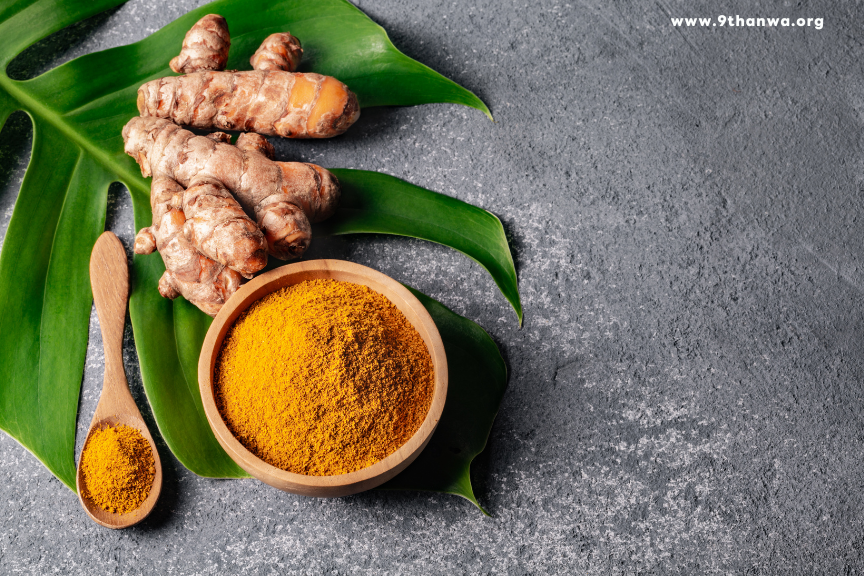
3. Holy Basil (Ocimum sanctum)
Known as “Krapao” in Thai, holy basil is considered a sacred herb in Thai culture and is often used in both cooking and traditional medicine.
-
Health Benefits:
-
Reduces stress and promotes relaxation
-
Helps lower blood sugar levels and supports overall blood circulation
-
Boosts immunity and protects against infections
-
Known for its ability to relieve cold and flu symptoms
-
How to use: You can brew holy basil tea or add it to your favorite Thai dishes like Pad Krapao (Thai basil stir-fry).
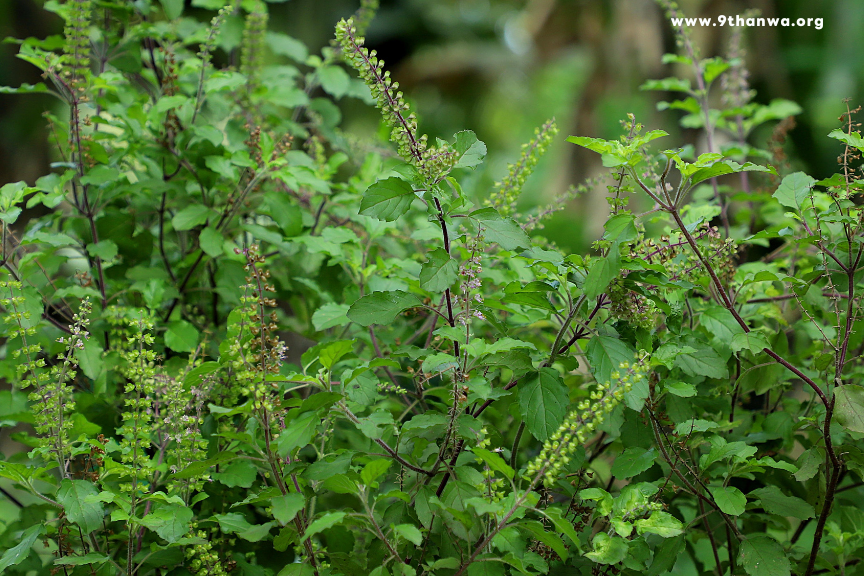
4. Ginger (Zingiber officinale)
Ginger is a versatile herb widely used in both Thai cuisine and natural healing. It’s known for its warm, spicy flavor and its ability to heal a variety of ailments.
-
Health Benefits:
-
Soothes nausea and helps with motion sickness
-
Supports digestion and relieves indigestion or bloating
-
Helps with inflammation and reduces joint pain
-
Known for its antioxidant properties and ability to boost immunity
-
How to use: Fresh ginger can be sliced and added to hot tea, or used in stir-fries and soups. Ginger can also be used in smoothies for an energizing boost.
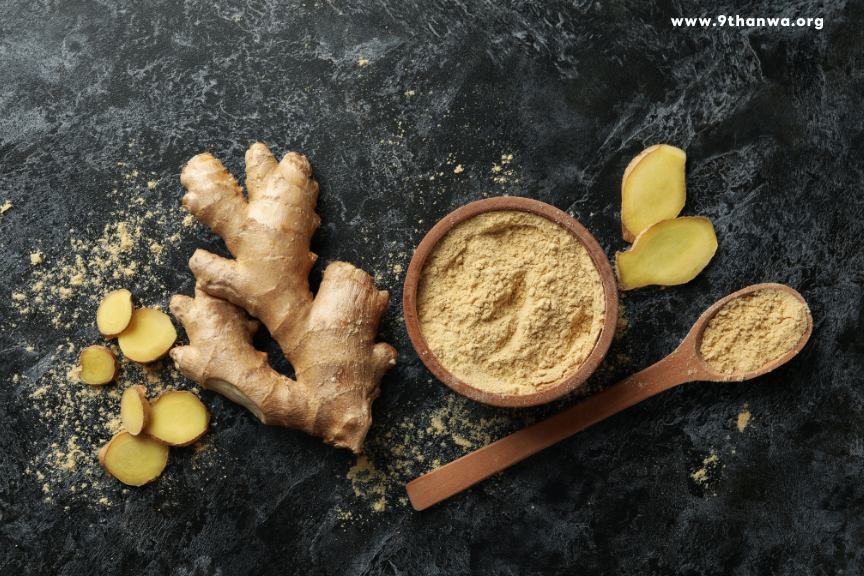
5. Kaffir Lime (Citrus hystrix)
Kaffir lime leaves are commonly used in Thai cooking for their strong citrus flavor. But they also play a role in traditional medicine.
-
Health Benefits:
-
Helps with digestion and can alleviate stomach discomfort
-
Rich in antioxidants that help reduce oxidative stress
-
Known for its anti-bacterial properties, it helps boost immunity
-
Used in aromatherapy to promote mental clarity and reduce anxiety
-
How to use: Use kaffir lime leaves to flavor soups like Tom Yum, or make kaffir lime tea by boiling the leaves in water.
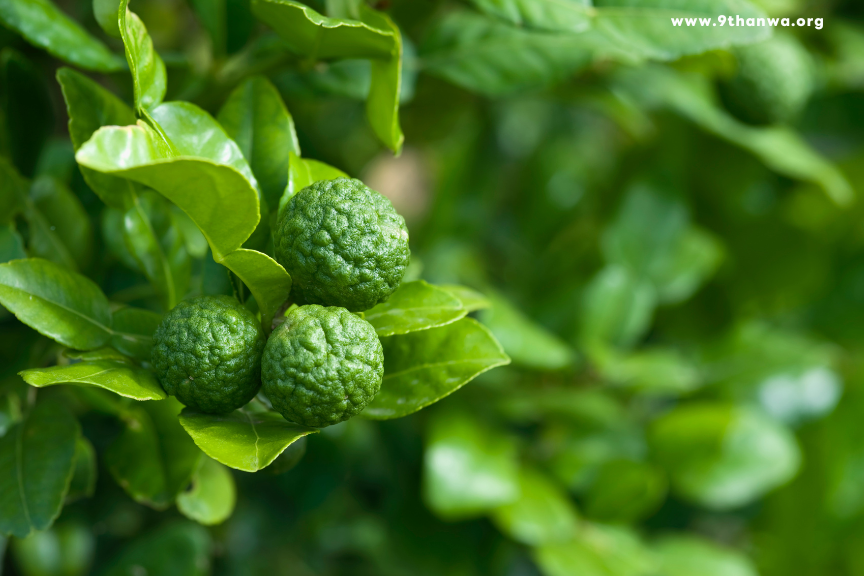
🌱 Why Thai Herbs Matter
Thai herbs aren’t just culinary ingredients—they’re natural remedies that support overall wellness. In a world where natural healing is increasingly valued, these herbs offer holistic solutions to common health problems.
Incorporating Thai herbs into your daily routine can provide a natural, sustainable way to boost your health while connecting to the ancient traditions of Thai healing practices.
🙏 Final Thoughts
Whether you’re new to Thai herbs or have been using them for years, you’ll find that these natural healing plants offer a variety of benefits for your mind and body. By incorporating them into your daily routine, you can support your body’s natural healing processes and enhance your overall well-being.
Explore more about Thai herbal remedies, traditional healing practices, and spiritual wellness at 9thanwa.org.